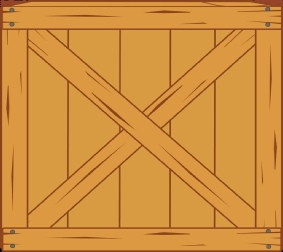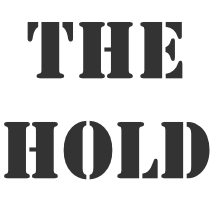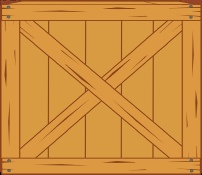© 2014-

Dutch Broadcasting System
In 1973 the transmission time of the three radio and two television networks in Holland, the Hilversum Network, was allocated between approximately 30 organisations, who provided programmes covering a wide spectrum of interest.
This system had been developed after the Second World War when the previously separate broadcasters formed the Netherlands Radio Union in 1951. The Union acted in a similar way to the British Independent Television Authority (and later the Independent Broadcasting Authority) in providing technical facilities for the broadcasters and programme makers. A similar Union was established when television broadcasting was introduced.
In 1967, with increasing demands from more and more organisations for airtime allocations on the Hilversum Network a revised system was introduced. This allowed groups with more than 15,000 paid-
In 1969 the Netherlands Radio and Television Unions combined to form NOS (Dutch Broadcasting Society, which provided technical facilities for television transmissions was also a programme maker itself, specialising in news output. NOS was also responsible for the provision of regional 'opt out' programmes on the television network. Radio studio facilities were now provided by individual broadcasting groups and transmitters maintained by the Dutch Post Office (PTT).
The qualifying membership figures for airtime allocations were announced annually in July and adjustments were made in allocations to take account of changes in membership levels. All broadcasting societies have to provide balanced programming on all networks, including pop, classical music, discussions, plays etc.
The main broadcasting societies in Holland in 1973 were:
- VARA (Socialist Party)
- AVRO (General Radio Union)
- TROS (Successors to 1964 offshore TV Noordzee and Radio Noordzee)
- KRO (Catholic Radio)
- NCRV (Dutch Christian Radio Union)
- VPRO (Liberal Protestant Party)
- EO (Gospel Radio)
- NOS (Dutch Broadcasting Authority)


HOLD Noun -







Basement
Back to







8